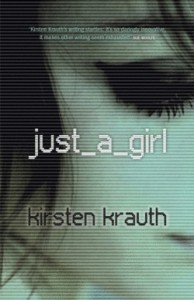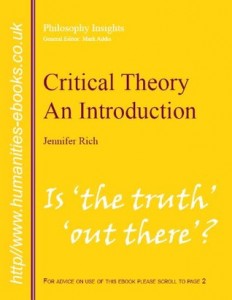 Title: The Forgotten Rebels of Eureka (Goodreads)
Title: The Forgotten Rebels of Eureka (Goodreads)
Author: Clare Wright
Published: Text, 2013
Pages: 539
Genres: Non-Fiction
My Copy: Paperback
Buy: Amazon, Book Depository, Kindle (or visit your local Indie bookstore)
In December 1854 Australia saw one of its most significant uprisings in its history known as the Eureka Rebellion. This act of civilian disobedience in Ballarat, Victoria was a protest to the expensive miner’s licence been imposed on them. The miner’s licence fee was a way around the taxation problem in the mine fields, allowing the Victorian government to provide infrastructure to the stockade. The miners didn’t see the fee this way and found it to be extortion; everyone had to pay the same amount no matter if they found gold or not, in fact you paid even if you weren’t a miner.
The Eureka Rebellion (or protest) led to the Battle of the Eureka Stockade, where police and British soldiers stepped in to break up the protest. This battle didn’t last long (around 15 minutes) but the effects were lasting. This piece of history has been taught in good high schools (not mine obviously) but it has always been focused on the men involved, even though about 40% of the mine fields consisted of woman and children.
The Forgotten Rebels of Eureka by Clare Wright is an attempt to remind people what happened and tell the untold story of the forgotten rebels. The term ‘herstory’ can be thrown around when talking about this book. My problems with this book was personal, I grew up in a small mining town that often talked about the gold rush in the 1870’s. I’ve heard enough about mining to last me a lifetime and I’m just not interested in the topic.
However I had to read this book for book club, so I made an effort and while I did find some interesting stories it felt too much like a chore. It didn’t help that the book started off as narrative non-fiction and turned into a text book half way through. In hindsight, the introduction was all I really needed to know about this piece of history, the rest just offered extra information.
I have to give the book credit to the huge section of endnotes found at the back. I respect a book more if they reference their work but I don’t seem to share the same concern with fiction. My concern however is the fact that the majority of references are second hand accounts of the Eureka Rebellion. It is true that most firsthand accounts of the rebellion were destroyed but I can’t help but take the information with a big grain of salt; it is like Chinese whispers.
The Forgotten Rebels of Eureka won the 2014 Stella Award, a literary award for Australian women writers similar to the Baileys Women’s Prize which is possibly the reason we read this one for our book club. In fact, since the next book is All the Birds Singing by Evie Wyle which one the Miles Franklin Award (Australia’s biggest literary award), I have no doubt. If you are interested in Australian gold rush history or the forgotten tales of women in a key historical events then try The Forgotten Rebels of Eureka.

 Title: In Cold Blood (
Title: In Cold Blood ( Title: Wicked: The Life and Times of the Wicked Witch of the West (
Title: Wicked: The Life and Times of the Wicked Witch of the West ( Title: just_a_girl (
Title: just_a_girl ( Title: Mr. Mercedes (
Title: Mr. Mercedes ( Title: Ms. Marvel, Vol. 1: No Normal (
Title: Ms. Marvel, Vol. 1: No Normal ( Title: Grasshopper Jungle (
Title: Grasshopper Jungle ( Title: Tigerman (
Title: Tigerman ( Title: The Monk (
Title: The Monk ( Title: Critical Theory: An Introduction (
Title: Critical Theory: An Introduction (